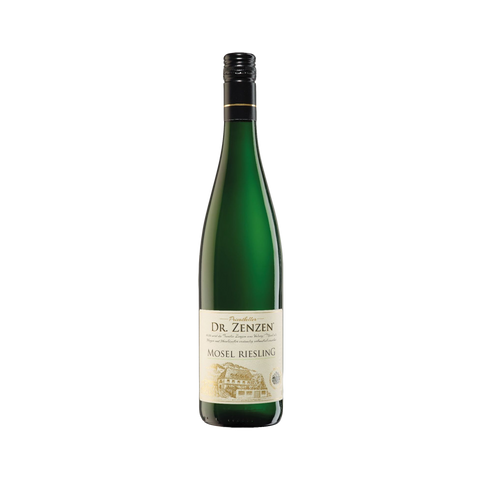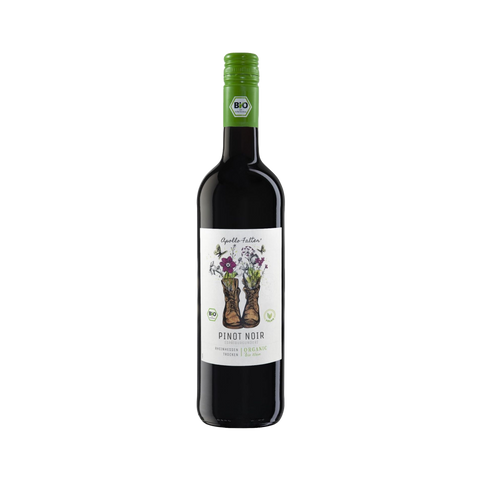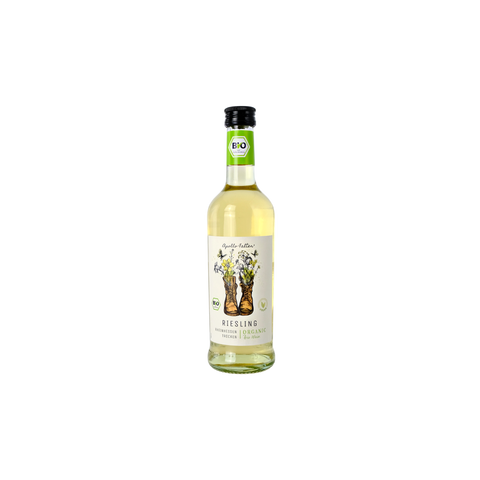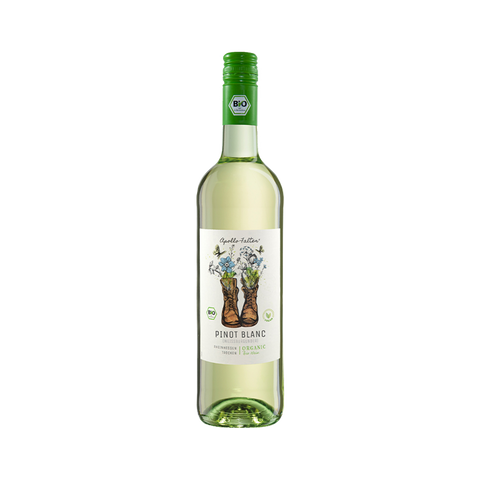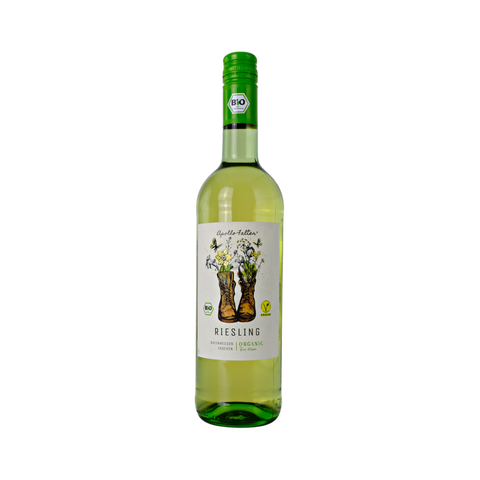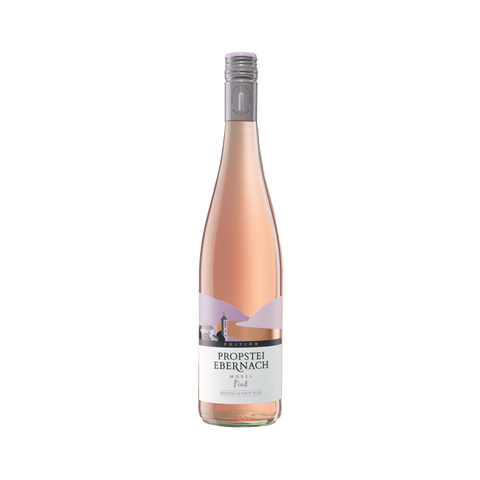Germany produces a wide range of wines, including German white wine, red, and sparkling varieties.
Key grape varieties and German wine styles made in Germany include Riesling, which is known for its aromatic profile ranging from dry to sweet, with flavours of citrus, stone fruits, and sometimes mineral notes, and Gewürztraminer. This German wine is aromatic with spicy and floral notes and often has flavours of lychee, rose petal, and exotic fruits.
Silvaner produces wines that can range from light and crisp to more full-bodied, with flavours of green apple, pear, and herbs.
Müller-Thurgau. A blend of Riesling and Madeleine Royale, resulting in wines that are typically fruity and easy to drink.
Weißburgunder (Pinot Blanc): Refreshing and crisp, with hints of apple, pear, and almond.
Grauburgunder (Pinot Gris): Exhibits a variety of styles, ranging from light and dry to richer and more textured, with notes of peach, pear, and spice.
Kerner is known for its aromatic qualities, with flavours of white peach, citrus, and floral notes.
Bacchus produces aromatic wines with notes of elderflower, gooseberry, and tropical fruits.
Germany's most famous German red wine grape is Spätburgunder (Pinot Noir), which produces elegant wines with red fruit flavors, earthy notes, and a silky texture.
Dornfelderis another popular grape variety that produces deep-colored red wines with flavors of dark berries, chocolate, and spice.
Portugieser is a light-bodied red wine with soft tannins and flavors of red cherries and berries.
Trollinger is famous for its light and fruity red wines with notes of red currants and a touch of spice.
Lemberger (Blaufränkisch) produces wines with dark fruit flavors, moderate tannins, and a spicy character.
German sparkling wine, Sekt, is produced using traditional methods like Champagne. Germany produces a wide range of wines, made from different grape varieties such as Riesling, Pinot Blanc, and Pinot Noir. Germany produces a wide range of wines, made from different grape varieties such as Riesling, Pinot Blanc, and Pinot Noir. The wines can range from dry to sweet.
Germany produces a wide range of wines, made from different grape varieties such as Riesling, Pinot Blanc, and Pinot Noir. Each wine region in Germany has its own unique terroir, which influences the grape varieties grown and the styles of wine produced.

